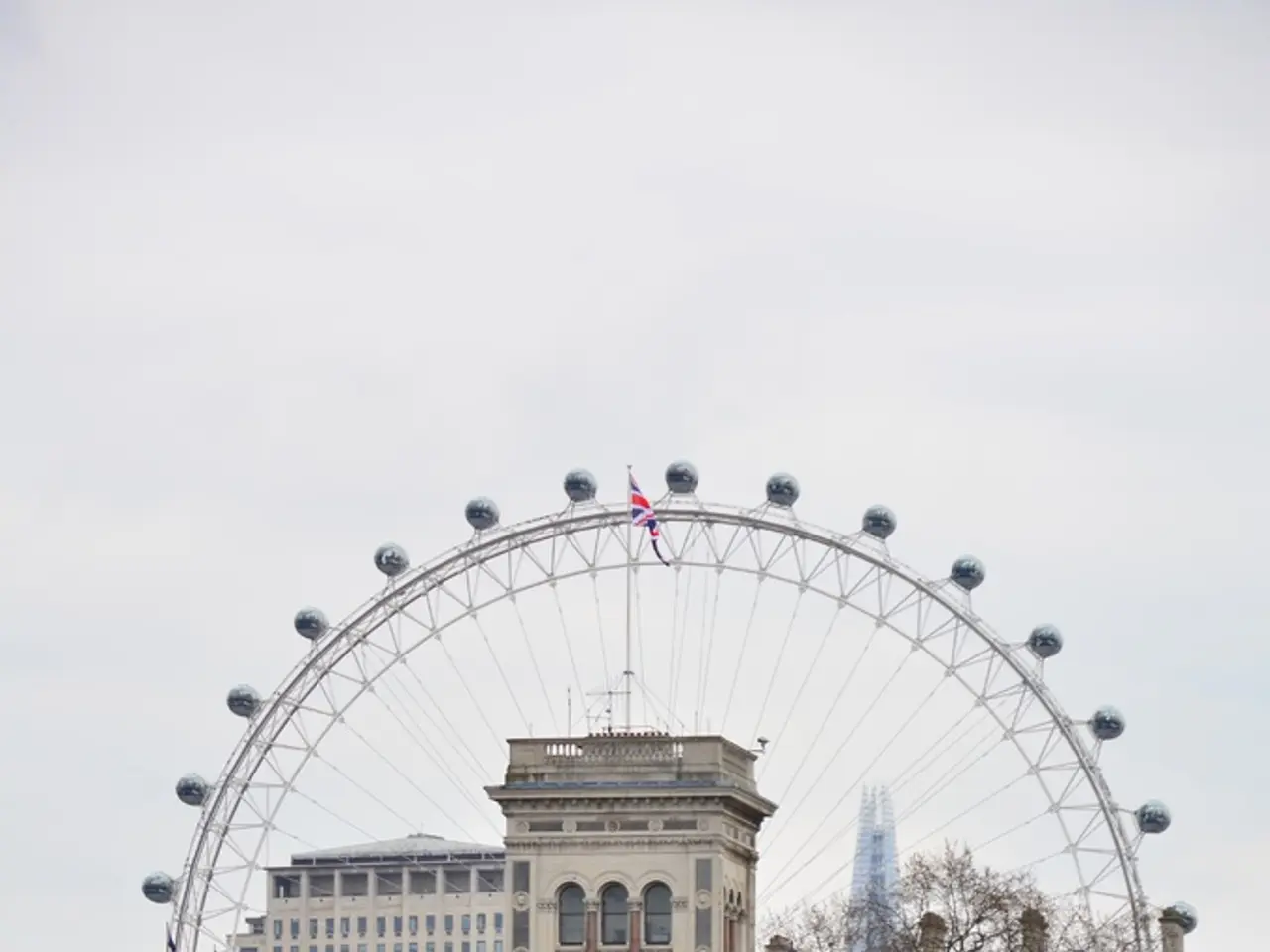Renewed Challenges for Keir Starmer: A Laborious Journey
British publication Renewal seeks to redefine and modernize the concept of social democracy within the United Kingdom.
As the dust settles on Keir Starmer's assumption of the Prime Minister's seat, the British left finds itself grappling with complex issues, both internally and externally. Renewal: A Journal of Social Democracy, a respected quarterly publication founded in 1992 close to Tony Blair's New Labour, seeks to offer insights and strategies to support Starmer in this arduous task.
In its latest issue, Renewal has been quick to acknowledge the "laborious" nature of the first months of Starmer's government, plagued as it has been by a lack of clear direction, a reality amplified by the growing strength of far-right and right-wing forces worldwide.
The Perilous Path of a New Leader
Stirring up controversy, Starmer's government has tabled controversial welfare reforms, including significant cutbacks to benefits such as the Personal Independence Payment (PIP) and Universal Credit, aimed at saving £5 billion. These reductions have provoked an unprecedented rebellion within the Labour Party, with over 120 MPs openly opposing the bill, even some shadow frontbenchers feeling marginalized in the reorganization.
The growing unrest within the party has left Starmer's leadership vulnerable, with whispers of a potential leadership challenge abounding. Backbenchers and former shadow ministers, now wielding influential committee positions, are pushing back against Starmer's leadership style and policies, creating an atmosphere reminiscent of Boris Johnson's troubled premiership.
Navigating Economic Headwinds
Starmer's tenure is also under pressure from the sluggish economy, enduring inflation, and the cost-of-living crisis affecting a large portion of the British populace. Despite some external successes in diplomacy, such as trade deals with the U.S., Labour's poll numbers are slipping, and there is mounting concern about the rise of hard-right opposition parties.
Starmer has had little choice but to make policy U-turns, including preserving winter heating subsidies for pensioners and launching a national inquiry into organized child sexual abuse, all under pressure from opposition politicians and public figures including Elon Musk.
Evolving Tactics for a Changed Parliament
The welfare bill rebellion has shown that Parliament's dynamics have changed substantially. Starmer cannot now rely on simple party-line votes and must innovate new ways of working with backbench Labour MPs who are growing more vocal and influential. He must rebuild trust and foster collaboration within the party to avoid future rebellions that threaten to weaken his government's legislative agenda.
The rebranded and relaunched Renewal aims to serve social democracy, providing fresh perspectives and innovative political strategies to help the UK navigate the challenges of the 21st century.
- Keir Starmer's government is facing mounting criticism from within the Labour Party due to controversial policy initiatives, such as welfare reforms that have provoked a rebellion from over 120 MPs, leaving Starmer's leadership vulnerable.
- With the economy sluggish and the cost-of-living crisis worsening, Starmer is under pressure to adapt his policies and work collaboratively with influential backbench Labour MPs to ensure the success of his legislative agenda, in light of the altered dynamics of Parliament.




